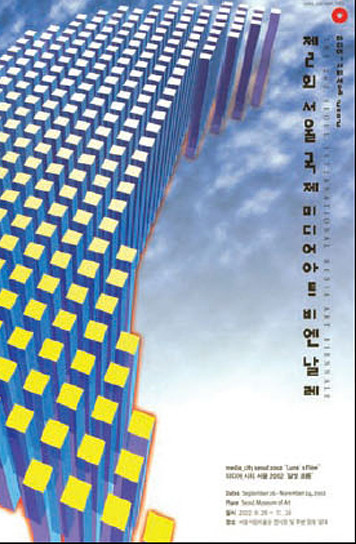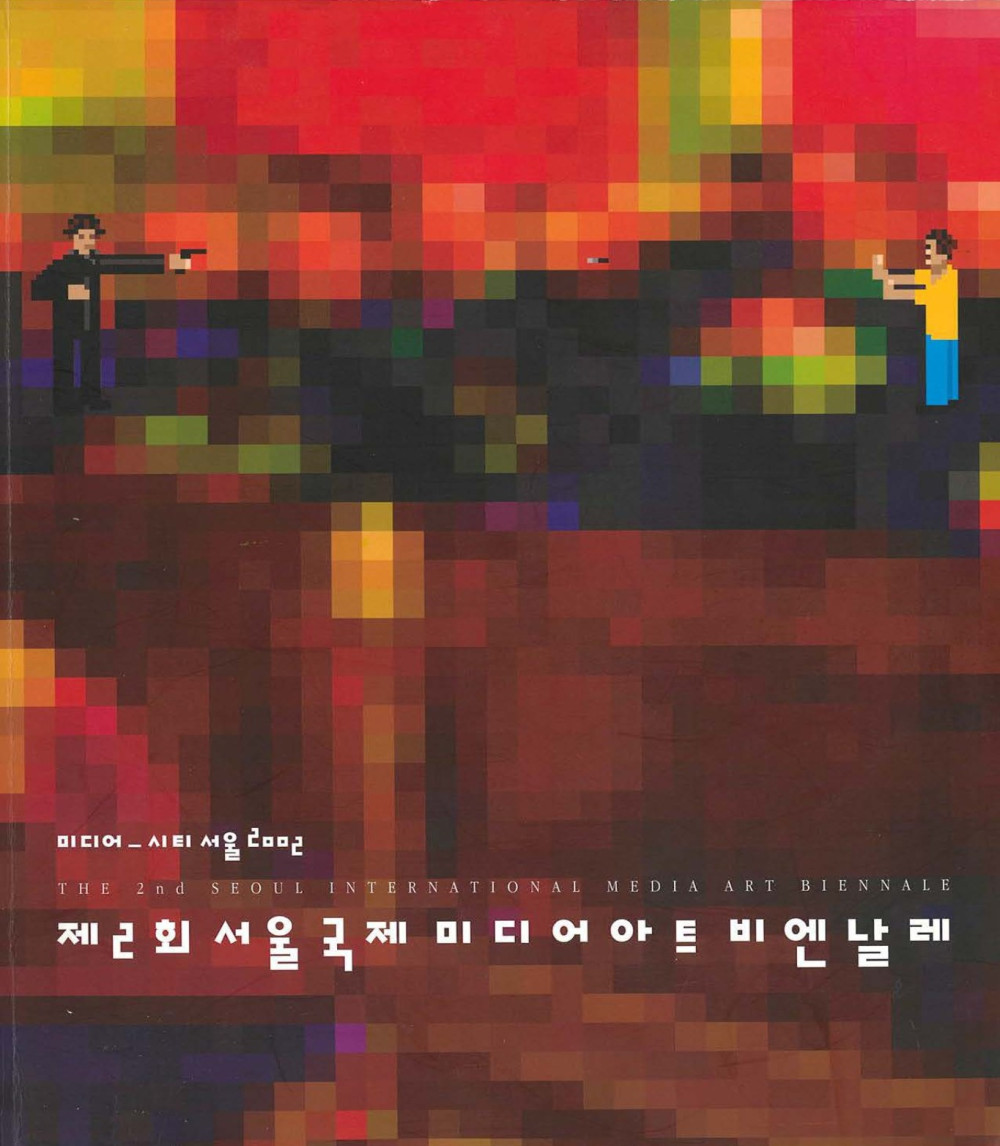(In collaboration with Peter Sandbichler)
Computer networks are crisscrossed by an actual economy of irrationality. Provoked by unclear legal and security conditions, chains of paranoia spread among network actors. Every day, new security leaks and holes pop up, accompanied by the publication of related exploit tools which are potentially able to take advantage of the vulnerabilities of these computers, and thus invade and damage them. Irritated actors withdraw into private enclosures to hide, or transform the public domain into absurd security fortresses, stuck in a state of emergency which produces virtual ghettoes, amplifies solipsism, and reproduces old forms of centralized power.
This project consists of a gallery installation, a Web interface (called Public Domain Scanner) and a free downloadable news ticker. Through the Public Domain Scanner, visitors can select “Minds of Concern” - groups, movements, or NGOs like Oxfam, the Freedom from Debt Coalition and COSATU - that are engaged in critical global activities in the networked society. This list also includes artistic media activists and international media artists. Through a virtual slot machine (part of the Public Domain Scanner), visitors “win” one of the NGOs or artists as a target (mind of concern), and can trigger network scans which investigate the security conditions on the targets’ Internet server. These scans sense whether the targeted server is secure or open to hacker attacks. The results are made available in the exhibition, visually depicting the strength or vulnerability of a server to people worldwide.
The software processes used in Minds of Concern are dramatically transformed and externalized through light and sound signals in a kind of Alert Zone inside the main gallery space, as well as through textual data flows in the installation. A main feature of this installation are plastic constructions, consisting of food storage boxes and trash bins that open up a control space for the network processes and also connote the un/stable structures of everyday life.
NGOs and media artists are an important part of the contemporary enlargement and diversification of the political and cultural landscape. They enact a reconstruction of the public domain in a globalized world. The Internet is a crucial tool of these social and political agencies. It facilitates a broad and potentially open system of communication and information. At the same time, there is an increasing awareness that the Internet is encroached by concerns about security: data security, privacy, military security, etc. The dilemma of these security concerns is that they seek to protect a public domain which is corrupted by the very attempts to secure their functionality. This dilemma is the central theme of this project. In the project, we are using non-invasive security scanning tools, which systems administrators alike use in order to detect security holes on the Internet servers.

